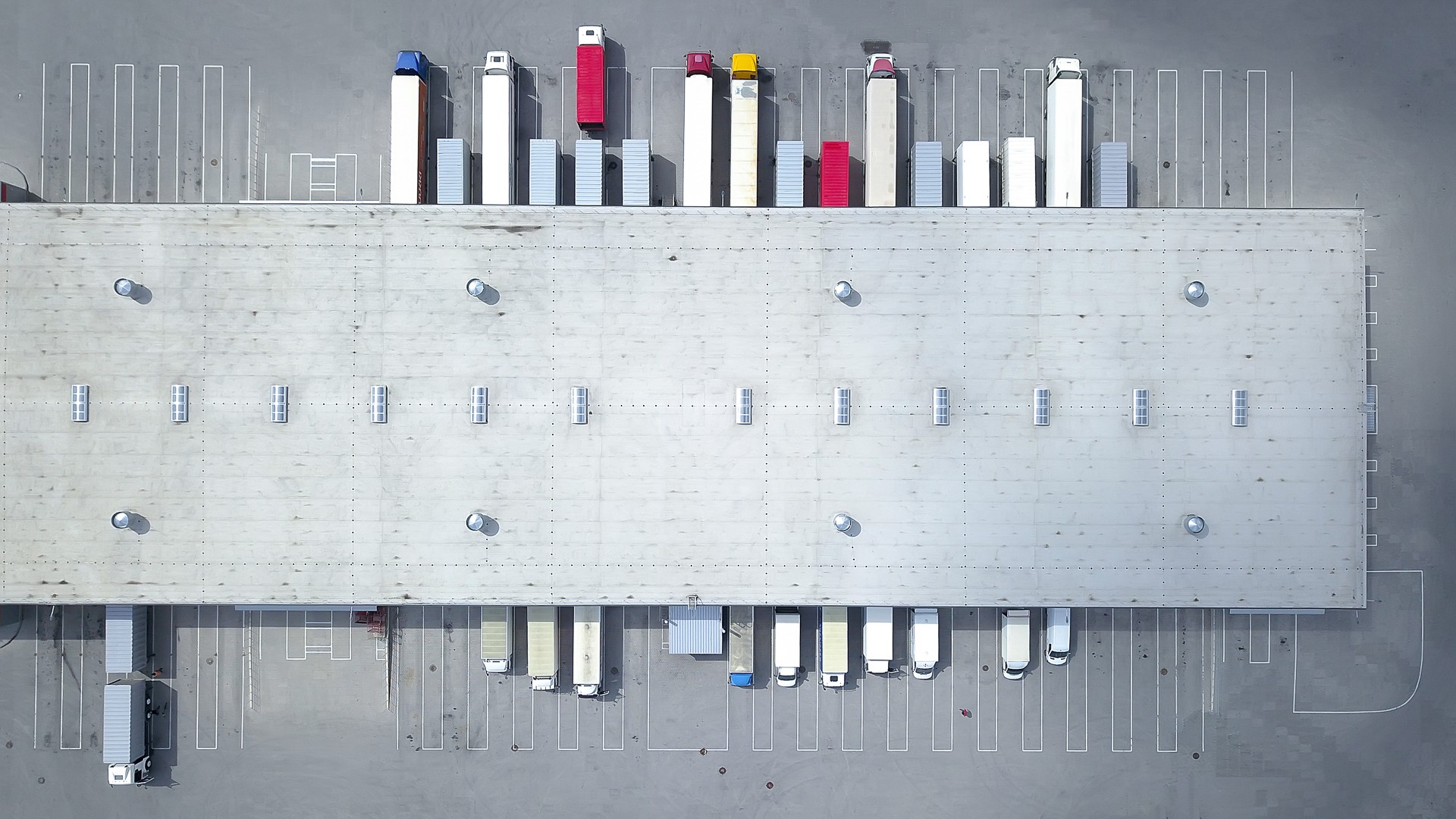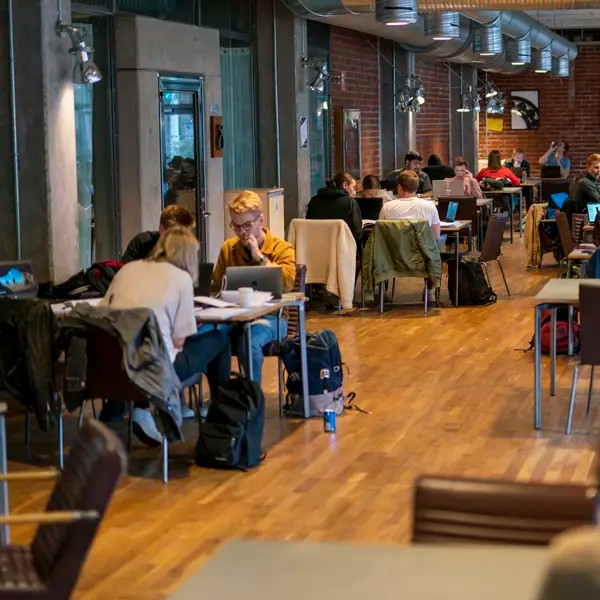
The need to organise and manage the global exchange of goods, services and information between companies and organisations is growing at a rapid pace and becoming more and more technical and complex. This represents a golden opportunity for engineers to take up managerial positions in everything from marketing, logistics and purchasing, to transportation and production.
You will learn to understand, analyse, and manage the processes behind supply chains, graduating with a broad perspective, and the ability to work across boundaries, in different types of organisations, helping them make fundamental improvements to their operations.
Supply chain management master's programme at Chalmers
Get an overall perspective on supply chains and train to understand, analyse and manage the processes which will enable you to work across company borders.
The master's programme focuses on the design, management and improvement of supply chain management strategies. It is multidisciplinary and builds on several scientific disciplines. One important way a company can improve its competitiveness is to apply supply chain management (SCM). This programme will help you to develop your skills in purchasing, logistics, marketing, transport and general management.
Due to greater specialisation, the need to organise and manage the global exchange of goods, services and information between companies is growing. As the content of this exchange is becoming increasingly technical, this is a golden opportunity for engineers to take on managerial positions in marketing, logistics, purchasing, transportation and production.
During the master's programme, you will gain enhanced theoretical knowledge and comprehensive practical experience of related concepts, which allows them to improve the way in which a company finds what it needs to produce a product or service and deliver it to its customers.
You will not only learn to understand current best practices and trends but also to continuously identify and analyse the complex changes that supply networks are undergoing.
The master's programme is based on problem-based learning, including case studies and problem-solving with quantitative and qualitative models. All courses are run in close collaboration with the industry. The theory is alternated with study visits, guest lectures and real-life projects.
Topics covered
The subjects of supply chain management, purchasing and logistics are fundamental areas in the Supply chain management master’s programme. The courses included in the programme plan handle topics such as production, transportation, lean management, marketing and manufacturing.
Career
The master's programme provides students with overall perspectives on supply chains enabling them to work within and across intra-company functions as well as inter-company borders.
Large multinational firms such as Volvo, Scania, SKF, Skanska, Nestlé, Porsche, Procter & Gamble, Quiksilver, DHL, Schenker and IBM, as well as top-flight consultancy firms such as McKinsey, Boston Consulting Group and ADL have employed many students who have majored in supply chain management at Chalmers. Other students have taken on management positions in small and medium-sized enterprises or continued to receive a PhD.
Research
The research conducted within this area at Chalmers includes research on efficient and sustainable management of materials and information flows within and between companies. Supply chain management focuses on transport and production in supply and distribution networks, and operations management focuses on the design, planning and management of resources and processes that develop and produces goods or services.
Find out more about research in Technology, management and economics
Requirements

How to apply - From application to admission
This is a step-by-step guide on how to apply for a Master's programme at Chalmers University of Technology.

